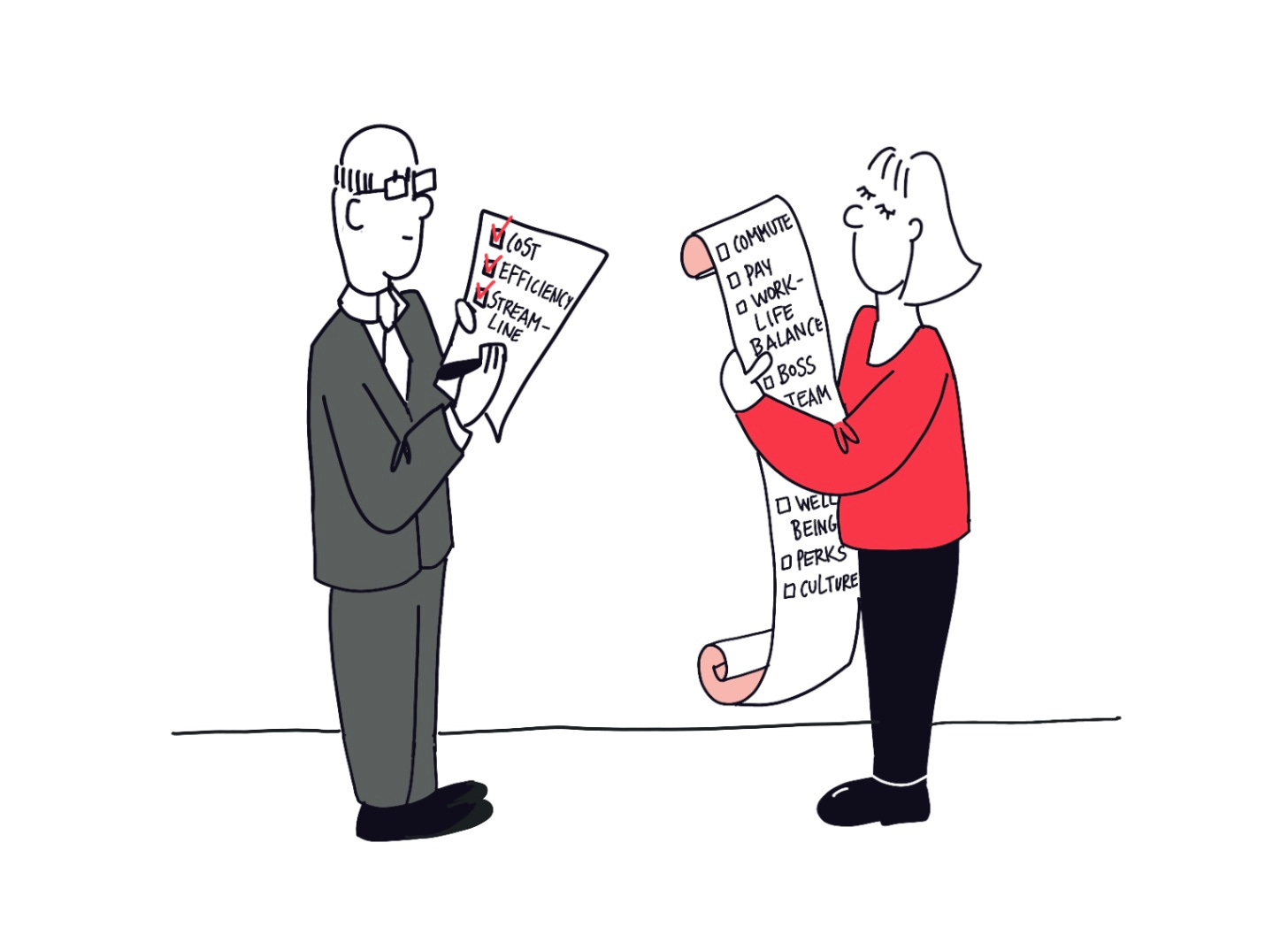Drawing by Tineke Tammes
‘I hear you’ve got a new job!’, she said. ‘Congratulations!’
The others were quick to congratulate me too.
Questions flew backwards and forwards: Where are you going? What are you going to do? Are you happy? What is your new organisation?
And yes, I WAS happy! I was going to work AND live where I wanted to live. It was exciting, n…





